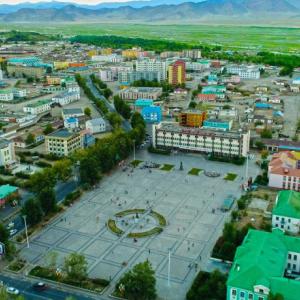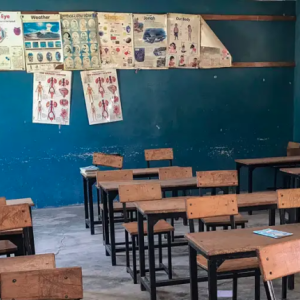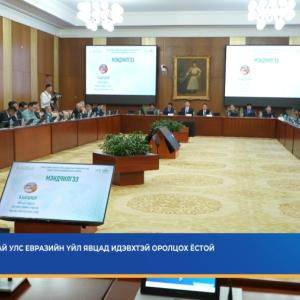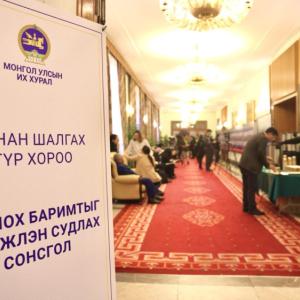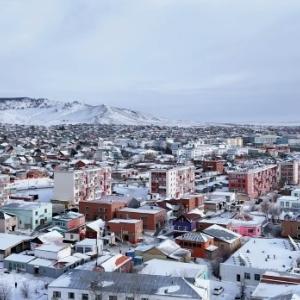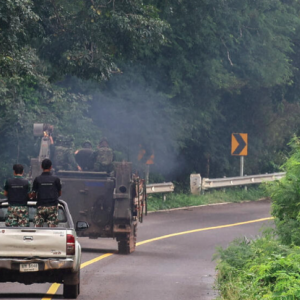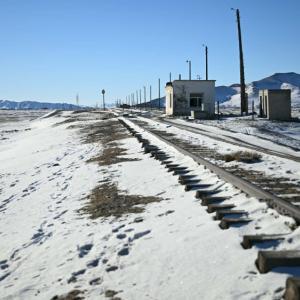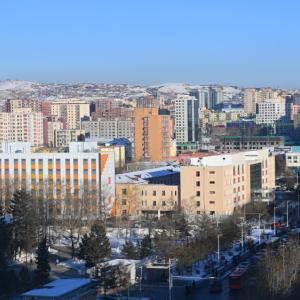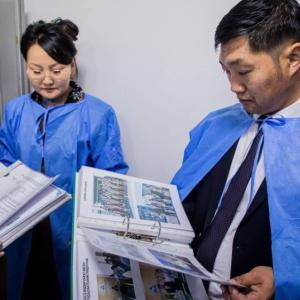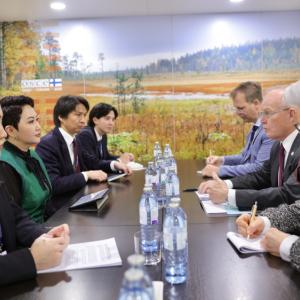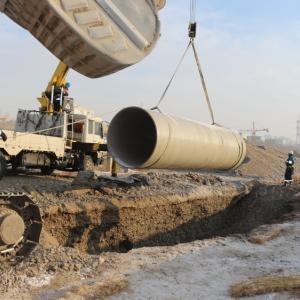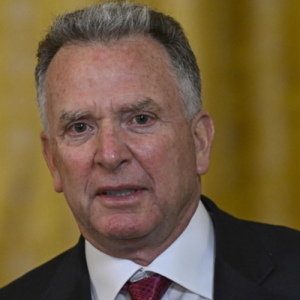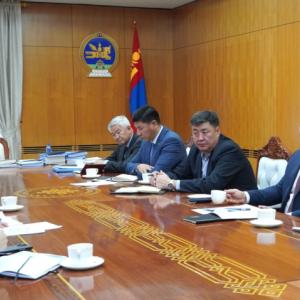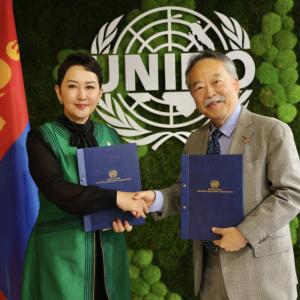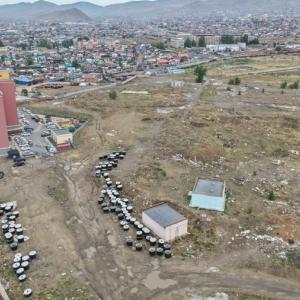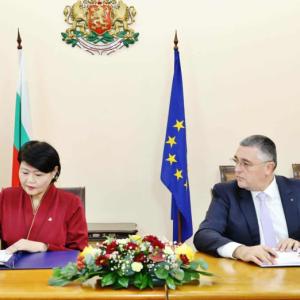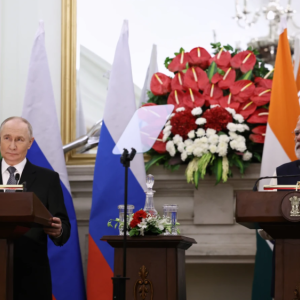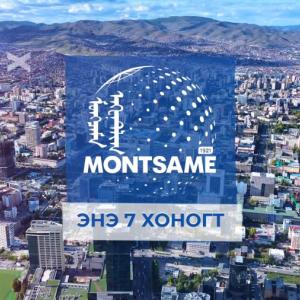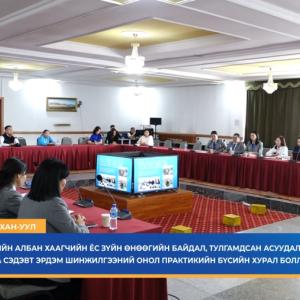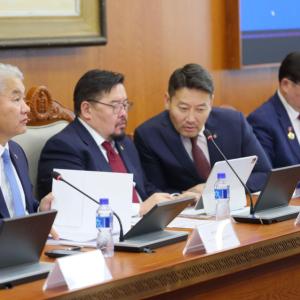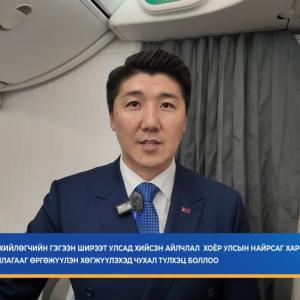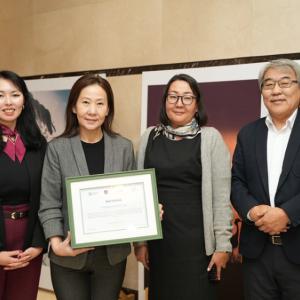Intensifying the Implementation of the “Food Supply and Security” National Movement
Society
Ulaanbaatar, December 2, 2024 /MONTSAME/. The fourth consultative meeting among the organizations implementing Resolution No. 36 of the State Great Khural of Mongolia, titled “Measures to be Taken to Ensure Food Supply and Security” convened at the State Palace of Mongolia on December 2, 2024.
During the consultative meeting, participants discussed:
Implementation of Resolution No. 36 of the State Great Khural of Mongolia, and the cohesion of governmental organizations,
Results of initiatives to enhance food supply and safety,
Current conditions and future actions regarding human resources, research, and development in the food supply sector, including school meal production,
Implementation of subsidized loan programs,
Oversight of food products crossing state borders,
Issues surrounding the use of pesticides and related challenges.
The consultative meeting was opened by Head of the Office of the President of Mongolia Zandanshatar Gombojav, who noted the importance of mutual understanding and cooperation between government entities, non-governmental organizations, and enterprises to fully implement Resolution No. 36, urging stakeholders to work more towards these goals.
The Head of the Office of the President of Mongolia further emphasized the necessity of modernizing the legal framework, improving university curriculums for training specialists in the food and agriculture sectors to align with labor market demands, and creating opportunities for short-term training and professional development for workers. He also stressed the relevance of establishing a unified digital database and management system for food transportation, logistics, and supply chain monitoring.
Furthermore, Mr. Zandanshatar proposed that annual agreements made between the Prime Minister of Mongolia and Governors of the Capital City and 21 aimags should include benchmarks for implementing Resolution No. 36 of the State Great Khural. He suggested that local governments’ performance in increasing food supply and distribution be evaluated annually and that accountability measures be implemented where deliverables fall short.
 As part of the “Food Supply and Security” National Movement, 35 government and administrative agencies are collaborating on 114 initiatives, including legislative reforms, budget, finance, subsidized loans, and customs and tax exemptions.
As part of the “Food Supply and Security” National Movement, 35 government and administrative agencies are collaborating on 114 initiatives, including legislative reforms, budget, finance, subsidized loans, and customs and tax exemptions.
Over the past two years, approximately MNT 1.3 trillion in loans, with interest rates of 5-6 percent and terms of 3-5 years, have been issued through commercial banks to about 3,100 enterprises and citizens.
Of these loans, around 62 percent were allocated to food processing and packaging, 30 percent to agricultural development, and 8 percent to livestock production.
As a result, 24 new food production facilities have been established in the sector. Last year, 85 percent of the country’s vegetable demand was met through domestic production.
In Mongolia’s agricultural sector, there has been a 7.9 percent increase in egg production, a 3.4 percent rise in dairy product output, a 7.7-20.9 percent growth in various categories of vegetable production, and a 1.2 percent increase in flour-based products. This progress has contributed to a reduction in food imports.




 Улаанбаатар
Улаанбаатар







